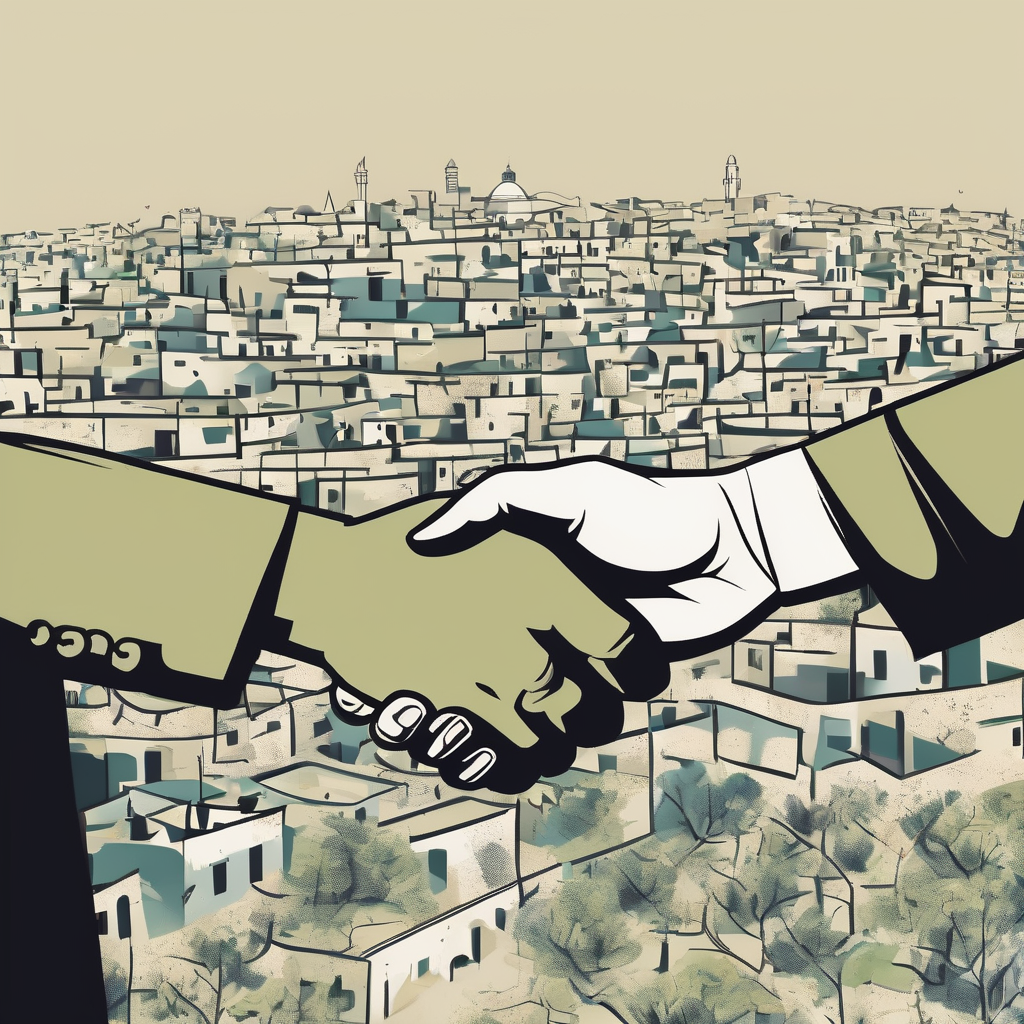President Donald Trump announced new developments in the U.S.-sponsored peace initiative aimed at ending the ongoing war in Gaza. After meeting Israeli Prime Minister Benjamin Netanyahu at the White House, Trump shared that they are nearing a comprehensive peace deal that could potentially bring stability to the region. However, the plan’s success hinges on Hamas’s acceptance, as Israel stands ready to have full U.S. support against any rejection by the militant group.
The proposed peace plan outlines a multi-faceted approach: an immediate ceasefire, a swap involving hostages held by Hamas and Palestinian prisoners detained by Israel, a gradual withdrawal of Israeli forces from Gaza, the disarmament of Hamas, and the governance of Gaza by an international body during a transitional phase.
Although Trump’s meeting sought to align Netanyahu with the peace plan, various uncertainties remain, notably involving the potential formation of a Palestinian state and the role of the Palestinian Authority in post-conflict governance. This reflects the complexity inherent in securing lasting peace in the region.
The peace initiative follows a series of efforts spearheaded by Trump’s administration, involving strategic discussions with multiple regional stakeholders, including mediators from Qatar and Egypt. These discussions aim to address humanitarian concerns exacerbated by the war, which has resulted in massive loss of life and widespread suffering among the Palestinian population.
Drawing on lessons from previous negotiations, this plan emphasizes the delicate balance necessary to achieve both military objectives and humanitarian relief. While challenges persist, including Hamas’s demands for Israeli withdrawal and the cessation of military actions, the dialogue continues to foster a cautious optimism for a sustainable resolution.
The persistent humanitarian crisis in Gaza serves as a backdrop to these diplomatic efforts. With over 56,000 Palestinian deaths reported since the conflict intensified, it is evident that international mediation could provide pathways toward peace and stability. These efforts underscore a broader commitment to navigating the complexities of Middle Eastern politics while aiming for humanitarian relief and long-term peace.
As the situation progresses, there is hope that continued dialogue, backed by significant global support, could indeed pave the way for a peaceful and stable future, bringing much-needed relief to affected populations in Gaza and beyond.
